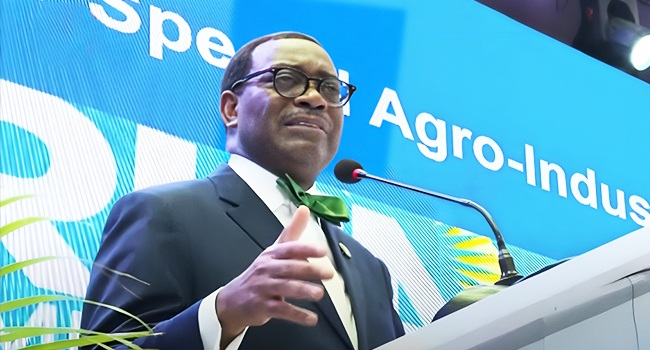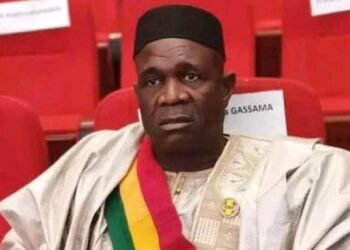By Enyichukwu Enemanna
The African Development Bank (AfDB) has urged nations on the continent to bring an end to the practice of exporting raw materials, a move it says will help tackle poverty and underdevelopment.
“Africa must end the exports of its raw materials. The export of raw materials is the door to poverty. The export of value-added products is the highway to wealth. And Africa is tired of being poor,” President of the Bank, Dr Akinwumi Adesina, said via his official X handle on Thursday.
Adesina’s position aligns with the long-standing quest by African leaders to process and export value-added goods, as opposed to shipping raw mineral deposits and agricultural produce outside the shores of the continent.
Data released by the Office of the US Trade Representative and other multilateral institutions indicates that Africa accounts for less than 2% of global manufacturing.
The establishment of the African Continental Free Trade Area (AfCFTA) and other continental initiatives has been seen as a practical approach to boost Africa’s share of global trade, which remains under 3%, despite the continent housing some of the world’s most sought-after raw materials.
Adesina, a former Nigerian Minister of Agriculture and Rural Development, has been at the forefront of advocating policies that promote agro-industrialisation, energy expansion, and improved infrastructure as the foundation for transforming Africa’s economies.
Last week, Adesina criticised the disproportionate allocation of the International Monetary Fund’s (IMF) Special Drawing Rights (SDRs), revealing that Africa received just $33 billion, only 4.5% of the $650 billion issued globally.
In recent years, Ethiopia, the birthplace of coffee and known for its high-quality Arabica has through value-add processing, increased the value of its exports, bringing in more revenue.
Other African countries, such as Kenya and Tanzania, also produce premium-quality coffee beans. African coffee is highly sought after in the global market.
Africa is also a major exporter of textiles and clothing. Egypt, one of the largest producers of textiles in Africa, has in recent years added value to its products through processing, packaging, and distribution to the global market.
From minerals to agricultural products, Africa is a continent of immense natural resources. However, many of these raw materials are exported globally, transformed into value-added products, and then shipped back at high cost to Africa.



































